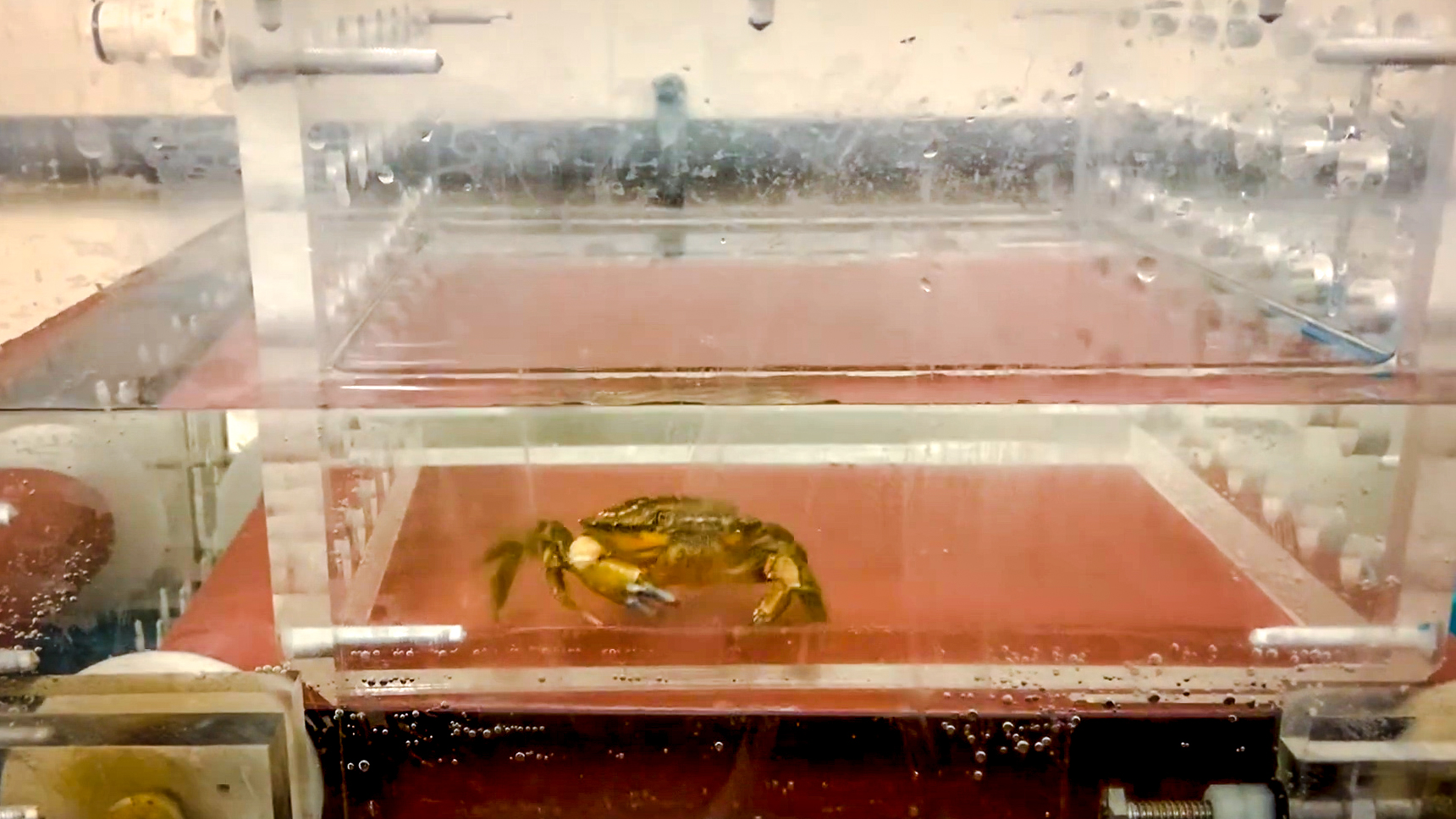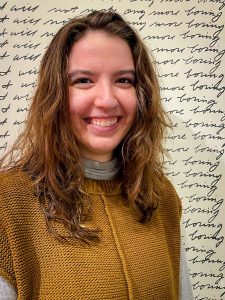
Spotlight: Kristen Thompson’s work on STEM Education For Youth: eDNA and 4-H Lesson Kits
By Ilaria Bardini Writing Intern,

A vital aspect of the NSF EPSCoR Track-1 Maine-eDNA grant is the multidimensional collaboration across skill sets. One of the ways to assure continued, cross-generational interest in the world of STEM and the progression of environmental DNA (eDNA) research is through science-based programs and educational opportunities for youth. The development of lesson plans in correlation with thematic research goals is the focus for some students working with the Maine-eDNA project through the 4-H Cooperative Extension at the University of Maine.
Kristen Thompson, a second year master’s student in the Master of Science and Teaching Program at the University of Maine, is working with the Maine-eDNA grant on creating 4-H toolkits for third through fifth graders regarding Harmful and Shifting Species, one of Maine-eDNA’s thematic research goals. She is focusing on two invasive species of crustaceans living on the Maine coast: European Green crabs (Carnicus maenas) and Asian shore crabs (Hemigraspus sanguieus). She is advised by Laura Wilson, who is a 4-H professional and affiliated with the UMaine Cooperative Extension 4-H.
Thompson, who is studying to become a high school math teacher, is creating digestible and understandable lesson plans geared towards 3rd and 5th graders using the scientific information collected and interpreted from eDNA. Her goal, once she has the information “boiled down to its most important parts,” is to design a six lesson curriculums using the H4 model, which are designed to get kids interacting with this science in a cool way.
In order to collect materials and resources for the toolkit, Thompson is doing a significant amount of research in collaboration with Emily Pierce for visually helpful elements regarding Green crabs. Pierce, a Ph.D. candidate with the Maine-eDNA project, researches invasive species using eDNA testing. Discussing the creation and ideas behind the toolkit, Thompson explained that “Some of these activities are modeled off of other ecology lessons and some of these are just from my mind and it’s been really cool to see them come into play. “
To test her resulting activities and lessons, Thompson ran several experimental programs at the Orono Public Library, remarking that “It has been very refreshing to interact with 3rd grade students and see how much they’re capable of, how interested they are in everything. They bring a lot of humor to everything.” and “I am getting some very valuable feedback from the kids. They will let you know what they don’t like.” Reflecting on the process, Thompson said “I think I’ve learned a lot about grant work.”
Thompson is continuing to make the final adjustments to the toolkit to be done by the end of the Fall 2022 semester. Although she is planning to student teach starting in the Spring of 2023, she hopes to stay in the Bangor and Orono area.
